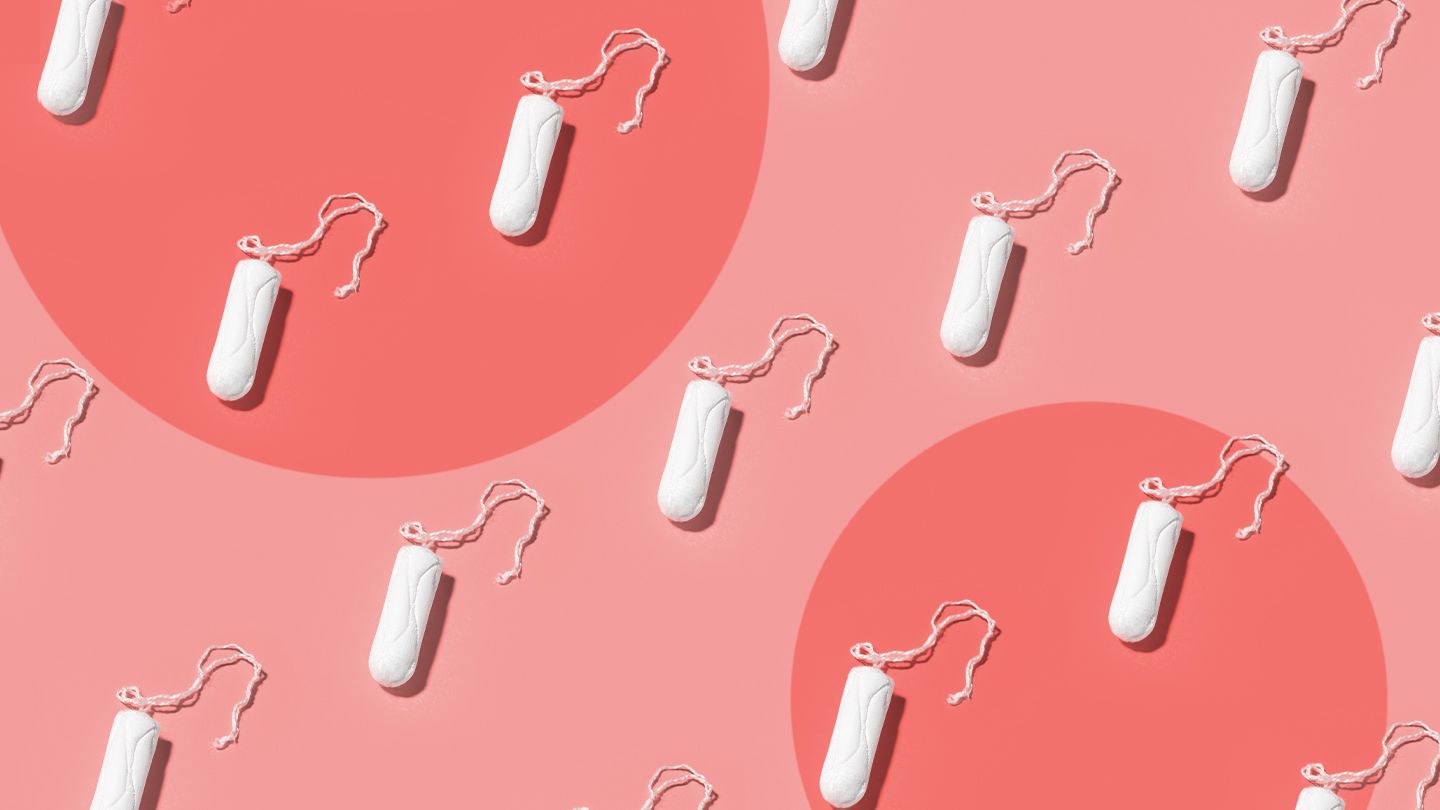There are many possible reasons why you might have two menstrual periods in a month. The simplest explanation is that your menstrual cycle is closer to 21 days, in which case the cycle will end before the calendar month does. “If your cycle is on the shorter side, it is entirely possible to have two periods within one month,” says Anthony C. Monteiro, DO, an obstetrician gynecologist at RWJ Barnabas Health in New Brunswick, New Jersey.
Other reasons range from lifestyle changes to medical conditions.
Lifestyle Changes and Stress
Any major changes to your routine can throw the menstrual cycle out of whack. Shifts in diet, exercise, sleep, or weight can all influence cycle length.
Stress is a big contributor to menstrual irregularities. When the body is under stress, it releases the hormone cortisol, which can disrupt the normal release of estrogen and progesterone. That hormonal shift can lead to more or less frequent periods.
Hormonal Imbalance
Estrogen and progesterone play big roles in the menstrual cycle. Rising estrogen levels in the middle of the cycle trigger the release of luteinizing hormone (LH) from the pituitary gland, which causes an egg to mature and ovulation to occur. Both estrogen and progesterone prepare the uterine lining for a possible pregnancy. If no pregnancy happens, levels of these hormones drop and a period starts.
An imbalance in levels of estrogen and progesterone, whether from age, a medical condition, or medication, can make periods come more frequently than usual.
Birth Control and Medications
A pack of birth control pills contain a mix of active (containing estrogen and progesterone) and inactive pills. Periods come on days when you’re taking the inactive pills. Continuous birth control pills, which are mainly active pills, reduce the number of periods or eliminate them entirely. “However, it is possible for an individual to have unexpected or bothersome bleeding while on birth control, in which case they should check in with their doctor,” Dr. Monteiro says.
Some women bleed a little while taking active pills. This isn’t a period. Doctors call it breakthrough bleeding.
Starting, stopping, or changing to a different form of hormonal birth control can lead to more or fewer periods because it disrupts the normal menstrual cycle. Women may have irregular periods for up to six months after they go off the pill.
Other forms of hormonal birth control, like the intrauterine device (IUD), injections, and implants can also lead to irregular periods, says Rhiana Saunders, MD, a reproductive endocrinologist and infertility specialist with Aspire Houston Fertility Institute in Texas. So can some other types of medicines, like anti-seizure drugs and antipsychotics.
Read the full article here




